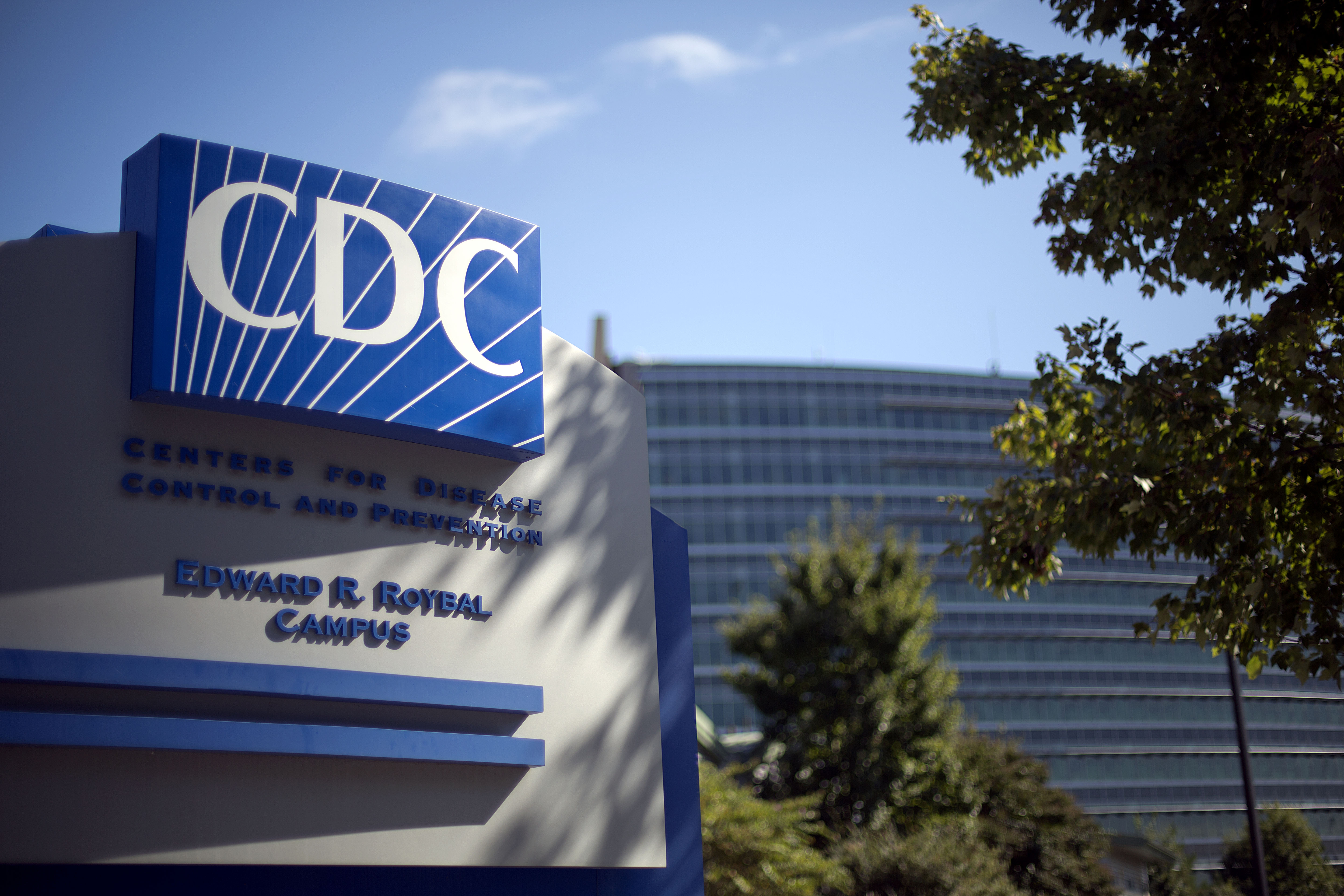Former FDA commissioner: CDC 'doesn't know how to model' latest COVID-19 wave


A free daily email with the biggest news stories of the day – and the best features from TheWeek.com
You are now subscribed
Your newsletter sign-up was successful
The CDC "doesn't know how to model this wave [of coronavirus infections], and has little practical idea of whether we're at the beginning, middle, or end" of the Delta variant-fueled surge, former Food and Drug Administration Commissioner Scott Gottlieb wrote Saturday.
He notes the agency is estimating that by Aug. 14, there could be an average of anywhere between 10,000 and 100,000 new infections per day, which means the current wave will have either subsided or be "raging out of control" by that point.
The wide-ranging and "deeply disappointing" forecasts highlight the need for an "action-oriented agency able to engage in assessing and mobilizing preparations against future risks," Gottlieb argues. The CDC, on the other hand, "has a retroactive mindset," Gottlieb writes, adding that it doesn't "do horizon scanning, make predictions and tie to policy recommendations, coordinate heavy lift capabilities like vaccination campaigns, engage in risk estimates, or collect intelligence on foreign areas of concern."
The Week
Escape your echo chamber. Get the facts behind the news, plus analysis from multiple perspectives.

Sign up for The Week's Free Newsletters
From our morning news briefing to a weekly Good News Newsletter, get the best of The Week delivered directly to your inbox.
From our morning news briefing to a weekly Good News Newsletter, get the best of The Week delivered directly to your inbox.
It may sound like harsh criticism, but Gottlieb explains this simply wasn't "the business [the] CDC was in." Instead, its "thorough" and "meticulous" data reporting and analysis skills are better suited for providing definitive answers in the long run rather than "partial info to inform current decisions in a crisis." An agency that can produce the latter is needed, Gottlieb says, whether it's a reformed CDC or a new joint operational command. Read Gottlieb's entire Twitter thread here.
A free daily email with the biggest news stories of the day – and the best features from TheWeek.com
Tim is a staff writer at The Week and has contributed to Bedford and Bowery and The New York Transatlantic. He is a graduate of Occidental College and NYU's journalism school. Tim enjoys writing about baseball, Europe, and extinct megafauna. He lives in New York City.
-
 Local elections 2026: where are they and who is expected to win?
Local elections 2026: where are they and who is expected to win?The Explainer Labour is braced for heavy losses and U-turn on postponing some council elections hasn’t helped the party’s prospects
-
 6 of the world’s most accessible destinations
6 of the world’s most accessible destinationsThe Week Recommends Experience all of Berlin, Singapore and Sydney
-
 How the FCC’s ‘equal time’ rule works
How the FCC’s ‘equal time’ rule worksIn the Spotlight The law is at the heart of the Colbert-CBS conflict
-
 A Nipah virus outbreak in India has brought back Covid-era surveillance
A Nipah virus outbreak in India has brought back Covid-era surveillanceUnder the radar The disease can spread through animals and humans
-
 Trump HHS slashes advised child vaccinations
Trump HHS slashes advised child vaccinationsSpeed Read In a widely condemned move, the CDC will now recommend that children get vaccinated against 11 communicable diseases, not 17
-
 Covid-19 mRNA vaccines could help fight cancer
Covid-19 mRNA vaccines could help fight cancerUnder the radar They boost the immune system
-
 FDA OKs generic abortion pill, riling the right
FDA OKs generic abortion pill, riling the rightSpeed Read The drug in question is a generic version of mifepristone, used to carry out two-thirds of US abortions
-
 The new Stratus Covid strain – and why it’s on the rise
The new Stratus Covid strain – and why it’s on the riseThe Explainer ‘No evidence’ new variant is more dangerous or that vaccines won’t work against it, say UK health experts
-
 RFK Jr. vaccine panel advises restricting MMRV shot
RFK Jr. vaccine panel advises restricting MMRV shotSpeed Read The committee voted to restrict access to a childhood vaccine against chickenpox
-
 Texas declares end to measles outbreak
Texas declares end to measles outbreakSpeed Read The vaccine-preventable disease is still spreading in neighboring states, Mexico and Canada
-
 RFK Jr. shuts down mRNA vaccine funding at agency
RFK Jr. shuts down mRNA vaccine funding at agencySpeed Read The decision canceled or modified 22 projects, primarily for work on vaccines and therapeutics for respiratory viruses
